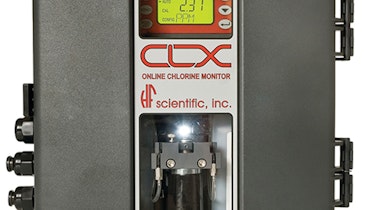A water expert from Genesee County, Michigan, testified recently that he warned city officials in 2014 the water treatment plant in Flint wasn’t ready to produce clean water and had inexperienced employees, recommending the plant remain closed.
Two weeks before switching to...





